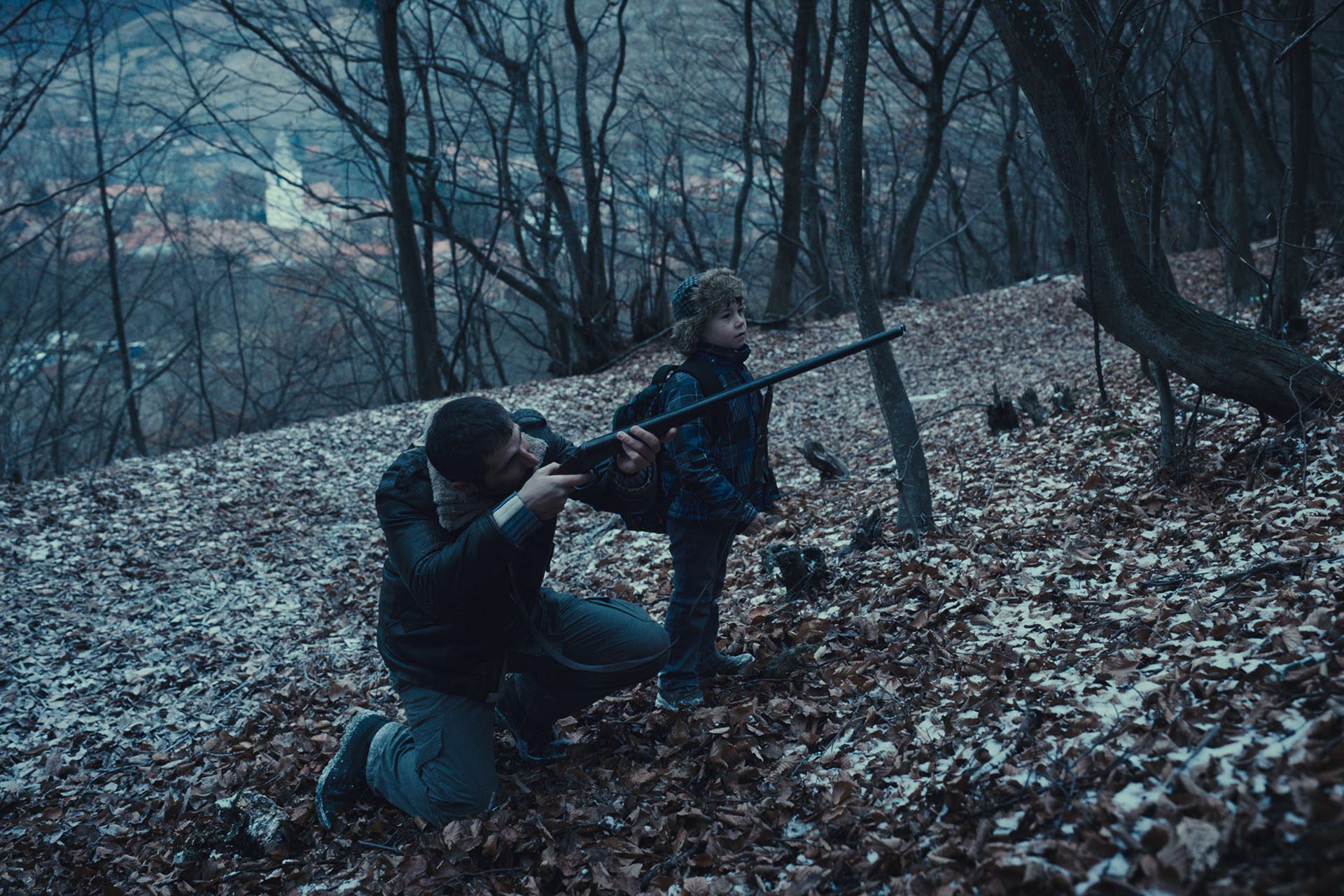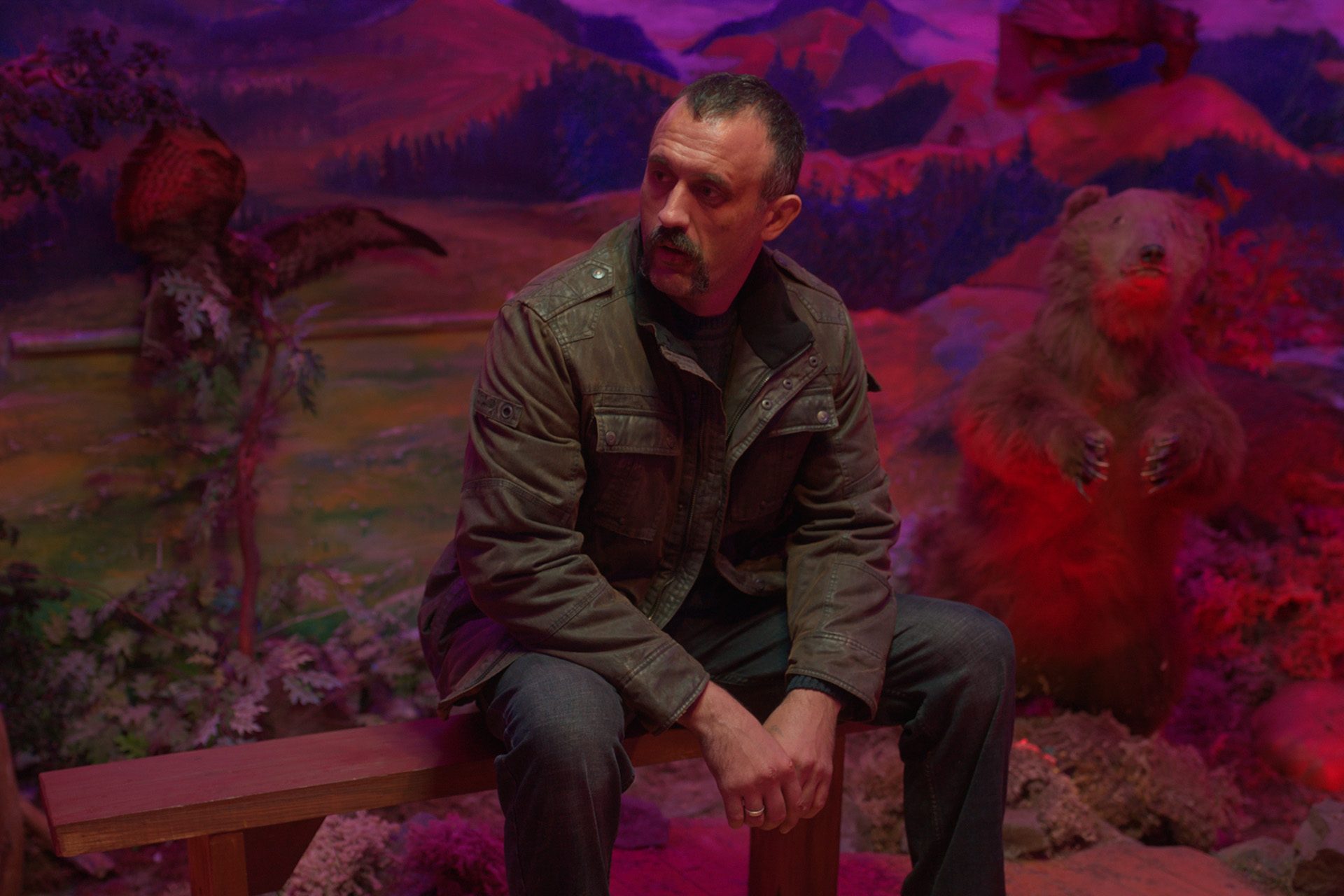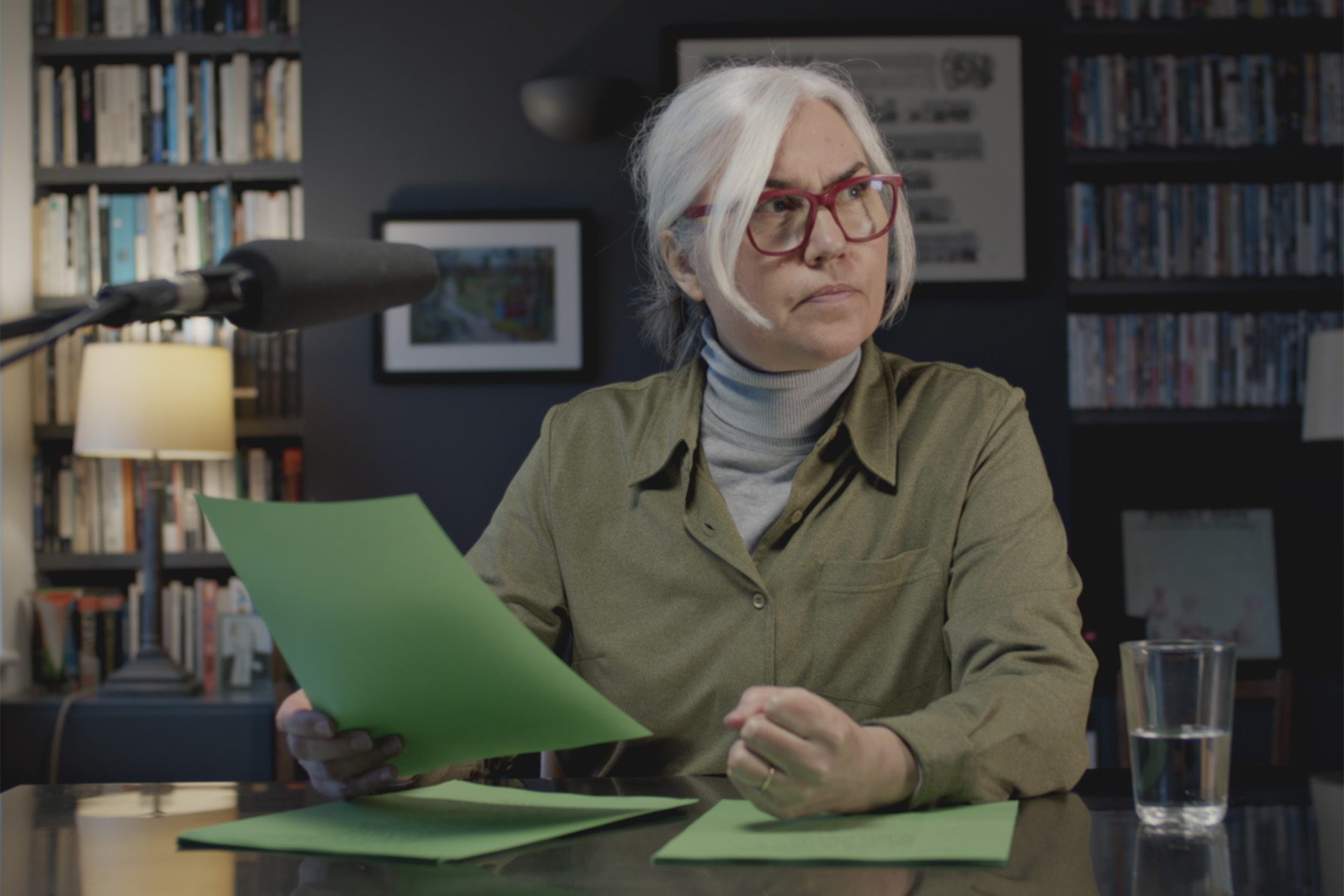Focus: Homecoming
Homecoming in focus at Göteborg Film Festival 2023
Homecoming in focus at Göteborg Film Festival 2023
Stories about coming home have always been at the centre of culture. But what does it mean to come home? What makes home a profoundly existential matter? Through stories about coming home we get the chance to reflect upon who we are, who we’ve been and who we want to be. In Focus: Homecoming, Göteborg Film Festival will explore a series of stories about homecoming by contemporary filmmakers, highlighting perspectives of what constitutes a home in our modern world.
“In a time when Europe is dominated by war and the return of fascism, the notion of coming home takes on a new meaning. As the nostalgic longing for an imagined long-lost home becomes increasingly present in contemporary political rhetoric, many are forced to leave their homes in search of new ones. From a broader perspective, the acceleration of globalism has changed what we imagine a home to be and it has provided new conditions for telling cinematic stories about coming home. More people have homes in different places worldwide – or no home at all, both as a consequence of increasing migration as well as how the cultural and economic ideas of our time affect creativity, flexibility and mobility”, said Jonas Holmberg, Artistic Director at Göteborg Film Festival.
Below we present four selected films of Focus: Homecoming. More films, talks and special screenings from the focus will be released on January 10 with the rest of the 46th Göteborg Film Festival programme.

A Romani slaughterhouse worker returns to a Transylvania that is being haunted by racism in this critically acclaimed drama by Palme d’Or winner Cristian Mungiu.
Located in the borderland between Romania and Hungary, Transylvania has for centuries been an ethnically diverse area. When Matthias returns home after having grown tired of his xenophobic boss in Germany, he not only returns to his son, wife and mistress, but also to a place of suspicion and racial conflict. “R.M.N.” does not stand for “Romania”, but for the Romani acronym for magnetic resonance imaging – Cristian Mungiu has described his film as a ”brain scanner”, diagnosing what lies beneath the surface of society. Ever since his debut Occident (GFF 2003), Mungiu has been a central figure of European cinema. Having received the Palme d’Or for the abort drama 4 months, 3 weeks and 2 days, with R.M.N. Mungiu once again shows that he is an essential storyteller and image creator.

A homecoming, authoritative father gets into trouble at a wild carnival in Karparat, in this sensational Ukrainian debut with vibes of Lock, Stock and Two Smoking Barrels.
Pamfir returns home to his village after having been working abroad for quite some time. Now both his wife Olena and his bothersome teenage son Nazar wants him to stay with them in the village, putting love and family over money. But after a disastrous fire, Pamfir feels forced to return to his old business as a cross-border smuggler, which is not appreciated by the new, local gangster boss. Dmytro Sukholytky-Subchok debuts with a brutal, beautiful and suggestive allegory over a Ukraine where corruption and injustice rule over ordinary peoples’ lives. A family tale about loyalty, reconciliation and love, where tragedy threatens to escalate along with the rituals and showdowns of the infidel Malanka festival.

Breathtaking cinematography in Cannes-praised Godland, a fateful story about religion, colonialism and moral decay.
In the late 19th century, a young, idealistic Danish priest (Elliot Crosset Hove) is sent to a remote part of Iceland with the purpose of erecting a church and photographing the locals. Consumed by his mission, he chooses to face the new country by crossing the island but the merciless landscape and its inhabitants soon starts wearing his psyche down and challenging his faith. With infallible cinematic vision and contained humor, the Icelandic director Hlynur Pálmason (Winter Brothers GFF 2018, A White, White Day GFF 2020) delivers a masterful epic where vanity, moral and faith are put up against a world that is unforgiving and barren.

An Irish director’s couple in exile delivers an incredibly clever, quirky and original documentary contemplation about belonging, home, migration and identity.
For the last 20 years, the director’s couple Molloy and Lawlor have been living and raising a daughter in England. During a low-cost flight to Ireland where they’ll do scouting for a movie about an England-born IRA-revolutionary, they’re having thoughts about moving back home. The streams of nationalism and populism have grown too strong in England, and the couple start weighing their increasing doubts about Great Britain against their ambivalence concerning the homeland. The Future Tense has intentionally clumsy parts and as the couple reads their notes from big sheets of paper, awkwardly turned away from the camera, they’re drawing lines though history, delivering one burning thought and quote after another. What’s this utopian longing for something really about? As Irish green – has it even existed?
Close